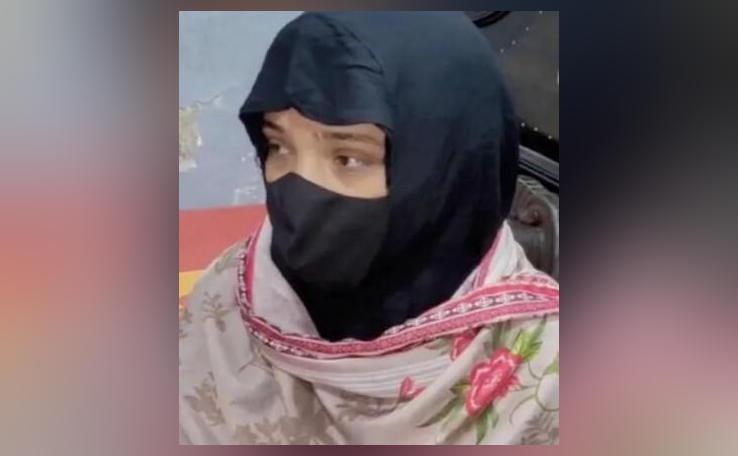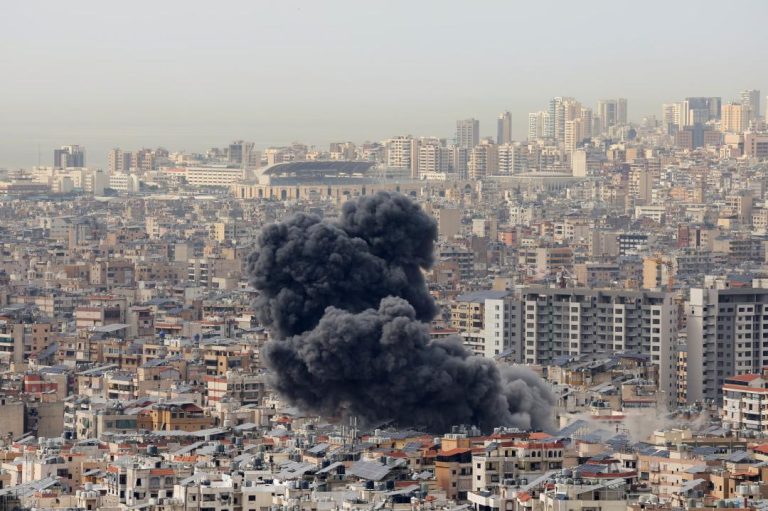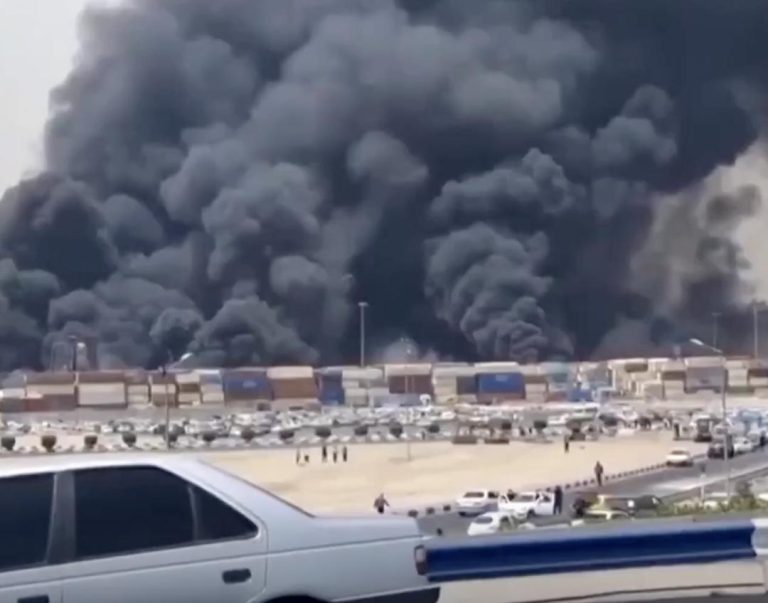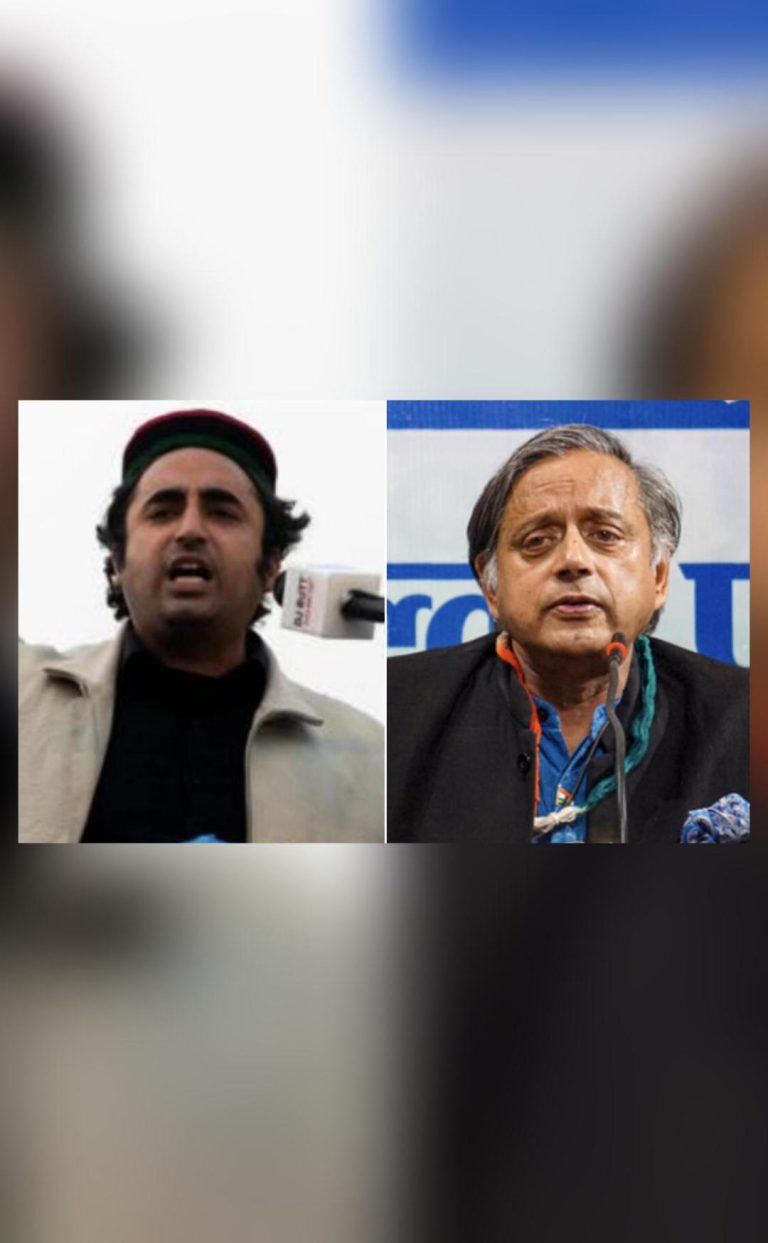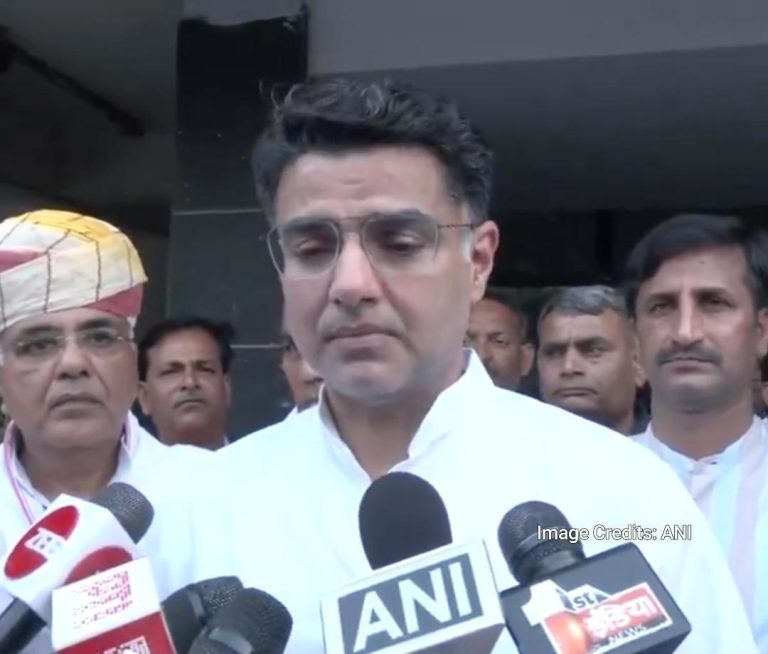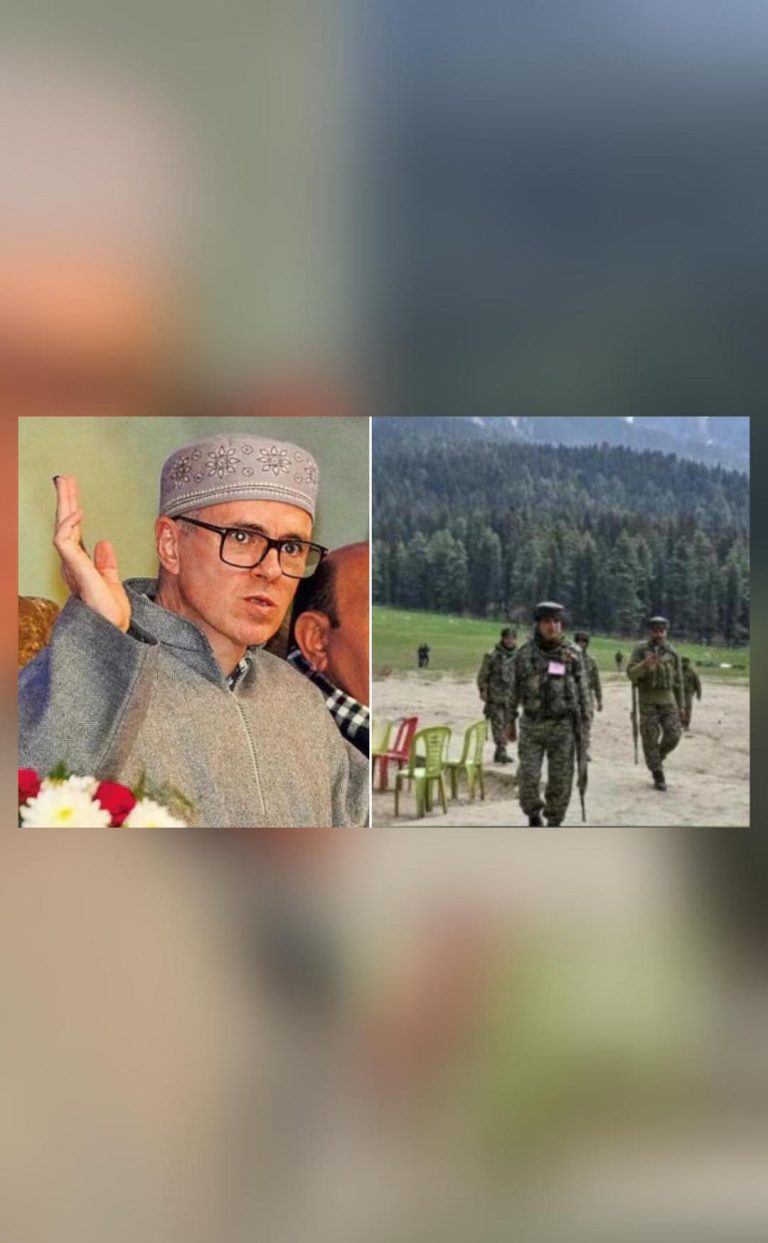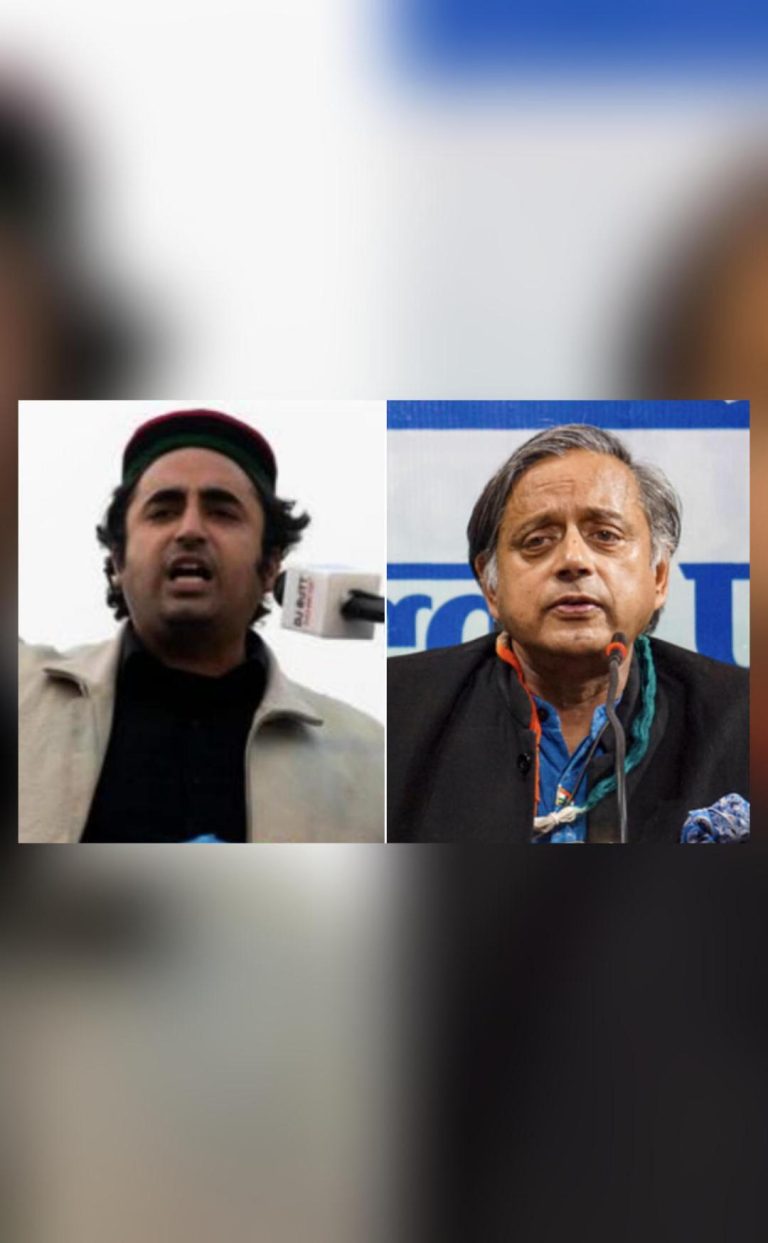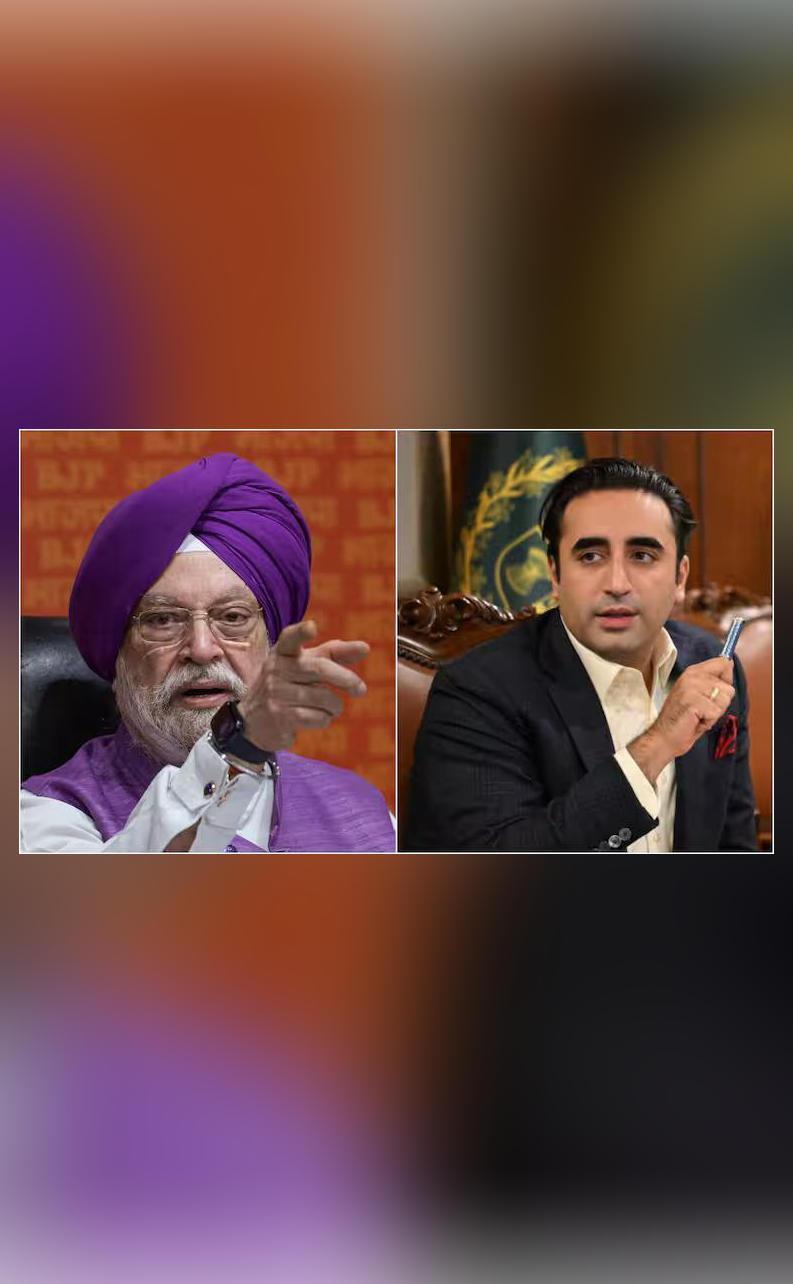
Look at what PM Modi said & wait for few days: Puri to Pak leader
The ongoing tensions between India and Pakistan have taken another turn, with the latest exchange of words between the two nations’ leaders. Pakistani politician Bilawal Bhutto, son of Benazir Bhutto, made a provocative remark on India’s decision to suspend the Indus Waters Treaty (IWT) over the Pahalgam attack, which claimed the lives of 10 Central Reserve Police Force (CRPF) personnel. In response, Union Minister Hardeep Singh Puri issued a stern warning, saying, “Look at what PM Narendra Modi said in Bihar…and wait for a few days.”
For those who may have missed the context, the IWT is a 1960 treaty between India and Pakistan that governs the sharing of the waters of the Indus River and its tributaries. The treaty was signed by the then Prime Ministers of India, Jawaharlal Nehru, and Pakistan, Ayub Khan. However, the recent Pahalgam attack, which was carried out by terrorists, has led to India’s decision to suspend the treaty, citing the need to protect its sovereignty and territorial integrity.
Bilawal Bhutto, the Pakistan Peoples Party (PPP) chairman, had made a statement in which he warned India that it would have to face “water or blood” if it did not withdraw its decision to suspend the IWT. This provocative remark was seen as an attempt to intimidate India and undermine its resolve to protect its people from terrorist attacks.
Union Minister Hardeep Singh Puri, however, was not impressed by Bhutto’s words. In a stern warning, he told Bhutto to “look at what PM Narendra Modi said in Bihar…and wait for a few days.” The PM’s statement, made during his visit to Bihar, was clear and unambiguous: India will identify, track, and punish every terrorist and their backers, and will not be intimidated by threats or violence.
Puri’s warning to Bhutto is a clear indication that India is not going to back down from its decision to suspend the IWT. India has made it clear that it will not tolerate any form of terrorism or violence on its soil, and will take all necessary steps to protect its people and its sovereignty.
The Pahalgam attack was a brutal reminder of the threat posed by terrorism to India’s national security. The attack, which was carried out by terrorists, resulted in the loss of 10 lives and left many more injured. The incident was widely condemned by the international community, and India has made it clear that it will not be deterred by threats or violence from taking action against those responsible.
The suspension of the IWT is a significant step taken by India to protect its interests and sovereignty. The treaty, which was signed in 1960, has been a key component of Indo-Pak relations, allowing the two countries to share the waters of the Indus River and its tributaries. However, the recent tensions between the two nations have made it clear that the treaty is no longer sustainable in its current form.
India’s decision to suspend the IWT is a clear signal to Pakistan that it will not tolerate any form of terrorism or violence on its soil. The PM’s statement, made during his visit to Bihar, was a clear indication that India will not be intimidated by threats or violence, and will take all necessary steps to protect its people and its sovereignty.
In conclusion, the exchange of words between Union Minister Hardeep Singh Puri and Pakistani politician Bilawal Bhutto has made it clear that the tensions between India and Pakistan are far from over. India’s decision to suspend the IWT is a significant step taken to protect its interests and sovereignty, and Pakistan’s provocative remarks have only served to escalate the situation.
As Puri warned, “Look at what PM Narendra Modi said in Bihar…and wait for a few days.” It is clear that India will not back down from its decision to suspend the IWT, and will take all necessary steps to protect its people and its sovereignty. The international community is watching the situation closely, and it remains to be seen how Pakistan will respond to India’s decision.
